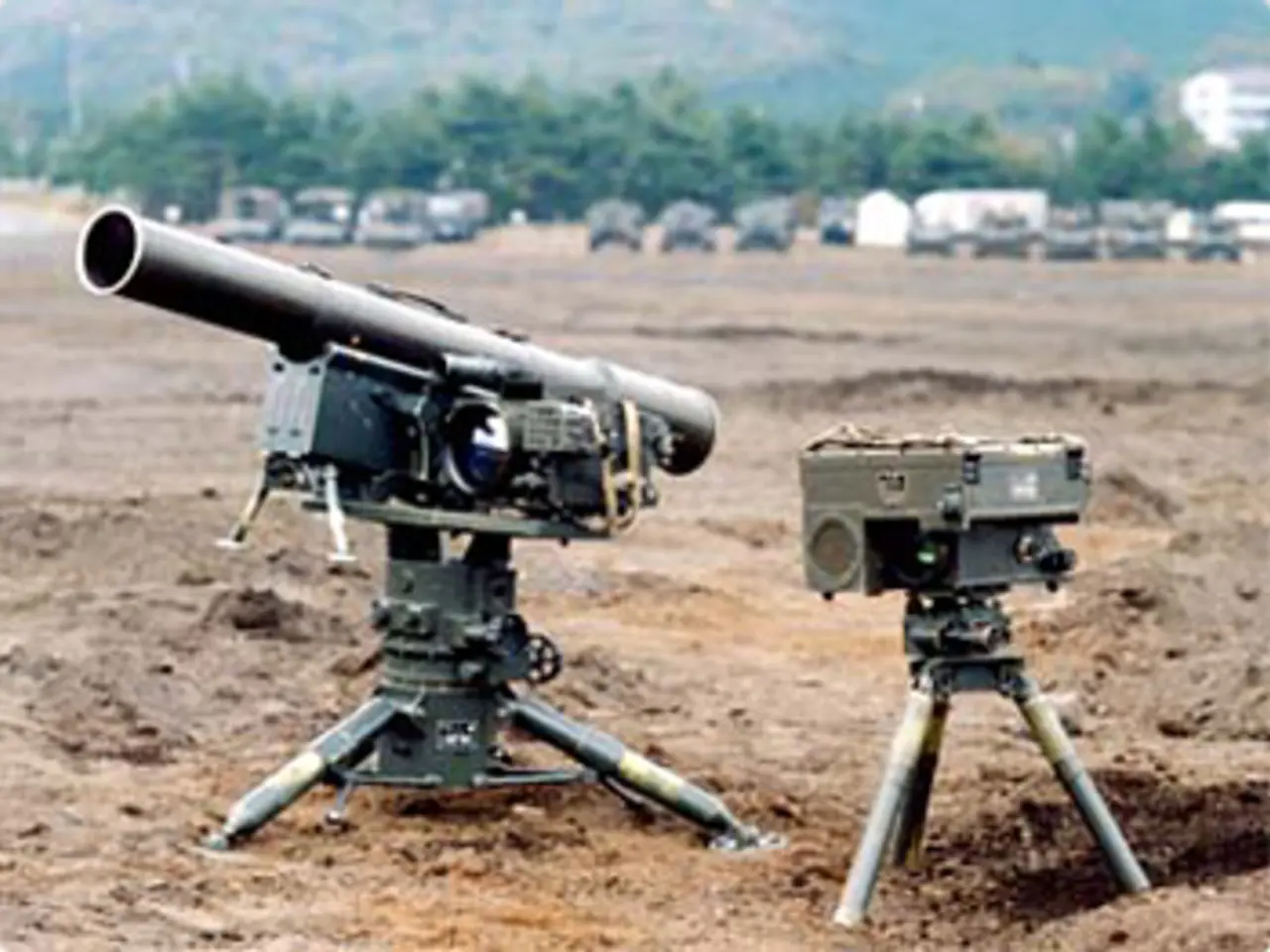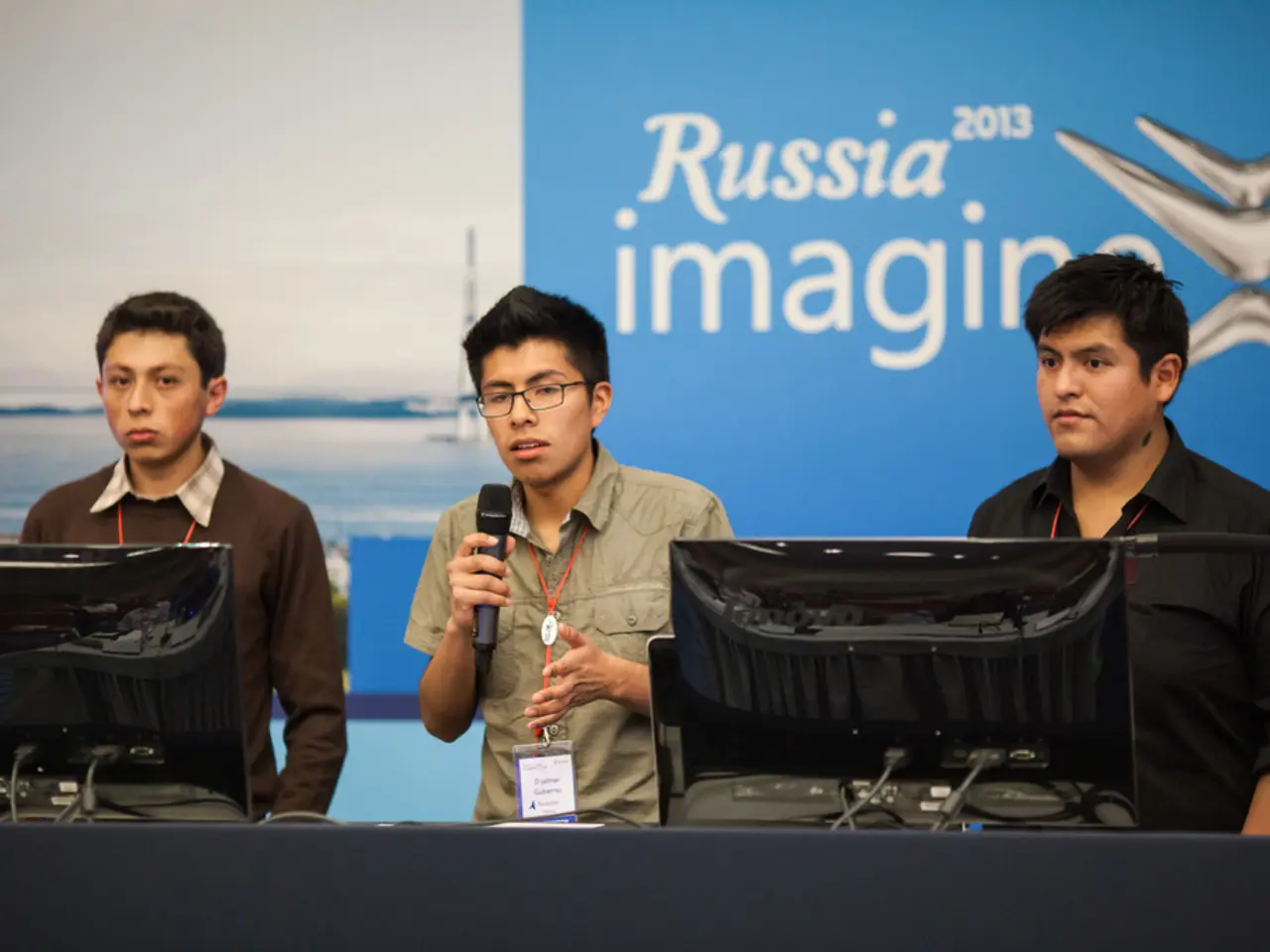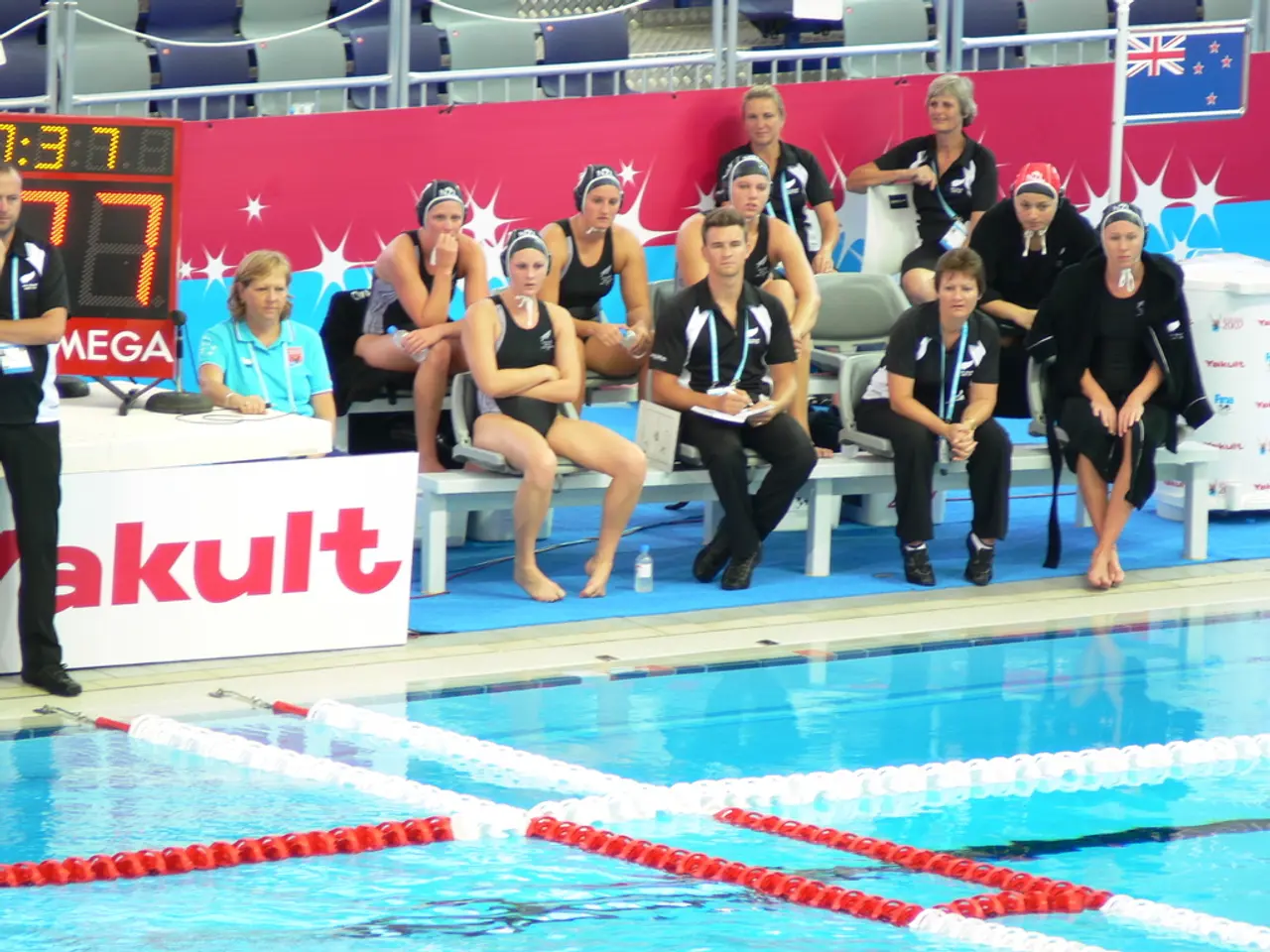Tensions between Russia and the U.S. escalate as Russia lifts prohibition on missile testing.
Published on August 4, 2025, by Al Bawaba
The standoff between Washington and Moscow has deepened, with Russia announcing it no longer considers itself bound by its self-imposed moratorium on deploying land-based intermediate- and short-range missiles. This move comes in response to the perceived deployment of U.S.-made land-based medium- and short-range missiles in Europe and the Asia-Pacific region.
The Russian Foreign Ministry stated that the situation has developed towards the actual deployment of U.S. land-based intermediate and short-range missiles in these regions. Russia's decision to end the moratorium, which was a unilateral decision made by the country after the U.S. withdrew from the Intermediate-Range Nuclear Forces (INF) Treaty in 2019, signals a return to deploying missiles banned under the treaty.
The Kremlin frames the U.S. deployments as the reason for Russia's withdrawal from this restraint. This move follows a period of heightened tensions, with Russia also publicly continuing use and development of intermediate-range missile systems like the 9M729 (SSC-8) and the RS-26 (Oreshnik).
The U.S. President, Donald Trump, ordered the deployment of two nuclear submarines near Russian waters in response to comments made by Russian Security Council Deputy Chair Dmitry Medvedev. Medvedev's comments drew a swift response from Trump, with the U.S. President stating that Russia should be given just 10-12 days, not 50, to end the war in Ukraine during a recent visit to Scotland and a meeting with UK Prime Minister Keir Starmer.
Tensions between Washington and Moscow are on the rise, with many analysts warning of a return to Cold War-style posturing that could spiral into direct confrontation. The implications of Russia's decision to end the moratorium are significant, as it may deploy short- and intermediate-range missiles again, increasing strategic tensions with the U.S. and NATO.
Dr. Mansour Al-Maswari, a Postdoctoral Fellow at Columbia University-Global Center, Amman, holds a Ph.D. in English "Comparative Literature" and two MA degrees, one in political science and the other in English. His expertise in both fields offers valuable insights into the geopolitical implications of this developing situation.
[1] Russian Foreign Ministry Press Release, August 4, 2025. [2] Russian Ministry of Defence Statement, July 2025.
- The escalating tensions between Washington and Moscow in 2025 have sparked interest in various domains of general-news, with the standoff resembling Cold War-style posturing.
- The Russian decision to end the self-imposed moratorium on deploying land-based intermediate- and short-range missiles has implications reaching beyond politics and war-and-conflicts, potentially impacting history, science, business, sports, entertainment, and policy-and-legislation.
- Dr. Mansour Al-Maswari's expertise in comparative literature and political science enable him to provide deep insights into the geopolitical repercussions of this developing situation, offering valuable perspectives for researchers and analysts across multiple fields.
- Beyond the geopolitical implications, this ongoing standoff sheds light on complex issues of science and technology, as the deployment of missiles and defense systems raises questions about the boundaries of arms control and non-proliferation treaties.
- As the situation progresses, the news media will likely cover the developments extensively, including investigations into the impact of these decisions on international relations, regional security, and the stability of the global political landscape.






